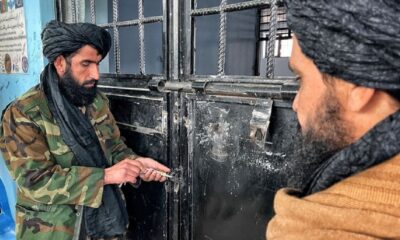Latest News
Supreme Court clears 150,000 cases in the past year
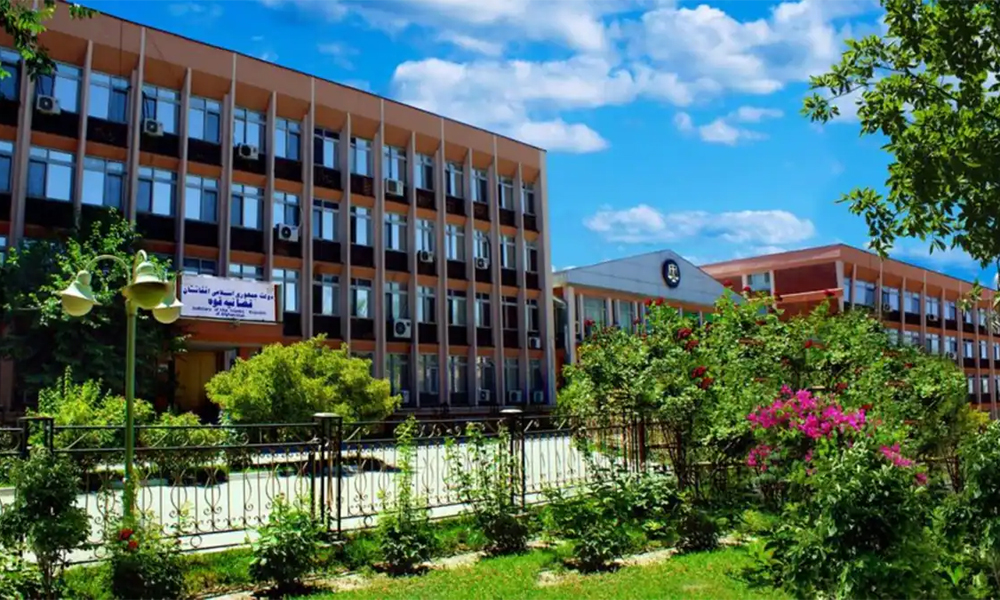
Officials of the Supreme Court said Tuesday in their government accountability report to the nation that in the past year almost 150,000 cases were solved by this institution, of which 120,000 cases were handled by the Primary Courts, and 22,000 cases by the Appellate Courts.
According to Abdul Malik Haqqani, the administrative deputy of the Supreme Court, in the past year, 2,874 cases related to women’s rights have been resolved and they are committed to providing all women their rights in the framework of Islamic Sharia, but they will never accept orders from outsiders that are against Sharia principles.
Supreme Court officials added that currently 43,630 cases are being processed in the three courts of the country, and in the provincial courts.
According to the officials of the Supreme Court, they work to protect property, honor, defend the rights of the innocent and correct the people.
Latest News
Khalilzad: Another US citizen to be released from Afghan custody soon
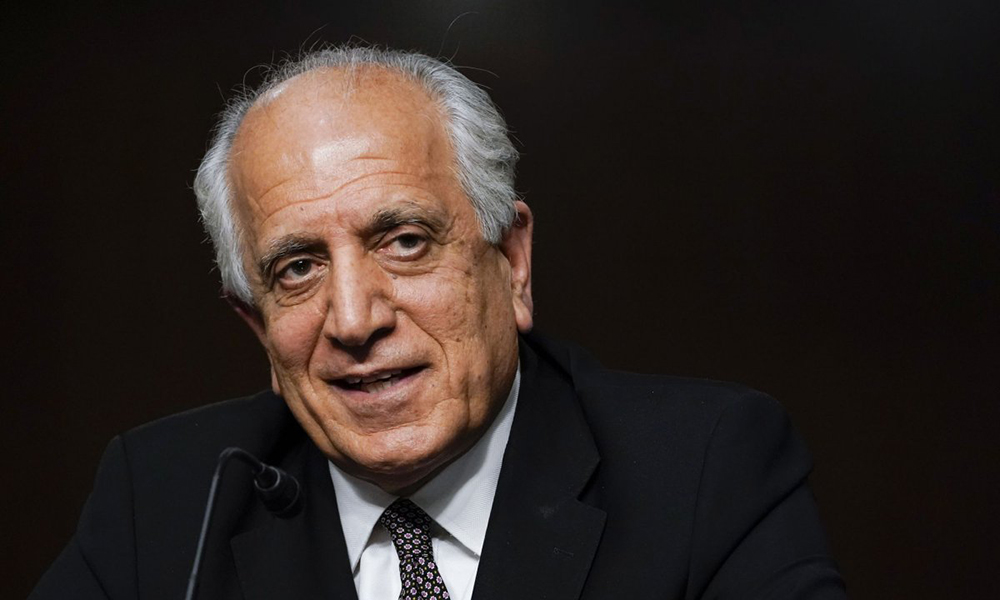
Zalmay Khalilzad, the former U.S. Special Representative for Afghanistan, has announced the release of another American citizen in the country.
Khalilzad said in a post on his X account that, according to information from the Islamic Emirate’s Ministry of Foreign Affairs, Faye Dai Hall, an American citizen who has been in custody in Afghanistan, will be released soon.
Earlier, George Glezmann, an American citizen whom the Islamic Emirate had held for over two years, was also released.
Latest News
About $80 billion worth of US military equipment abandoned in Afghanistan: Vance

US Vice President JD Vance said on Friday that Joe Biden administration left about $80 billion worth of military equipment in Afghanistan, which was a “catastrophic error.”
Vance made the remarks during a visit to a military base in Greenland.
He also said the Biden administration’s “catastrophic error” led to the deaths of 13 US soldiers in an attack during the evacuation at Kabul airport in August 2021.
Earlier, US President Donald Trump also criticized the abandonment of military equipment in Afghanistan and called for its return.
The Islamic Emirate, however, has said that the weapons left by the US in Afghanistan belong to the Afghans and will not be returned.
Latest News
IEA frees over 2,400 prisoners on the occasion of Eid
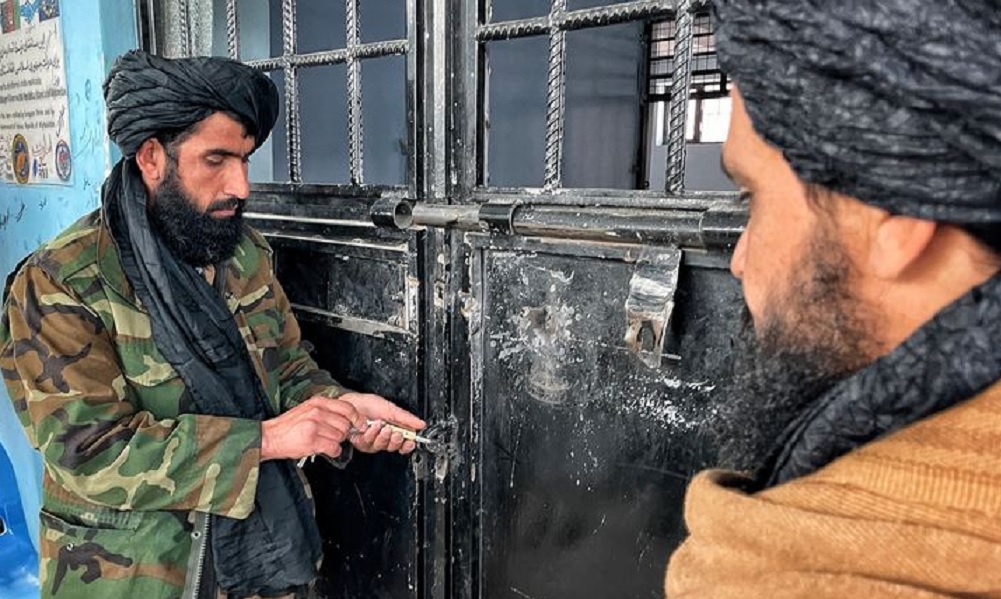
The Supreme Court announced on Saturday that based on the ruling of the supreme leader of the Islamic Emirate, 2,463 prisoners have been pardoned and released on the occasion of Eid al-Fitr.
The court said in a statement that the prison terms of another 3,152 prisoners have been reduced.
Eid in Afghanistan will be celebrated on Sunday or Monday, depending on the moon sighting.
-
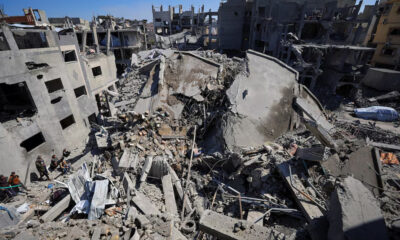
 Regional5 days ago
Regional5 days agoEgypt makes new proposal to restore Gaza truce as Israeli strikes kill 65
-

 International Sports5 days ago
International Sports5 days agoIPL 2025: Last over drama; Ashutosh Sharma clinches win for Delhi Capitals
-

 Sport5 days ago
Sport5 days agoAfghanistan eliminated from Asian Beach Soccer Championship
-
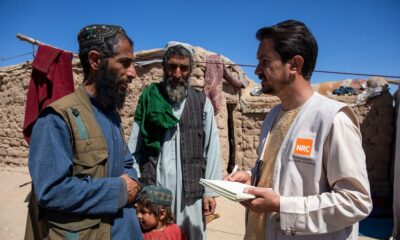
 Latest News5 days ago
Latest News5 days agoNorwegian Refugee Council cuts back on essential humanitarian services in Afghanistan
-
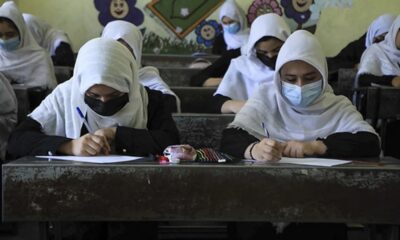
 Latest News5 days ago
Latest News5 days agoUN warns over 4 million Afghan girls will be deprived of education by 2030 if ban continues
-

 World4 days ago
World4 days agoSecretive Chinese network tries to lure fired US federal workers, research shows
-
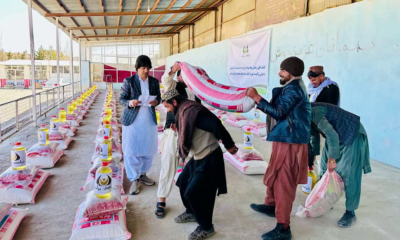
 Latest News4 days ago
Latest News4 days agoDozens of needy families in Ghazni get much needed food aid from Bayat Foundation
-
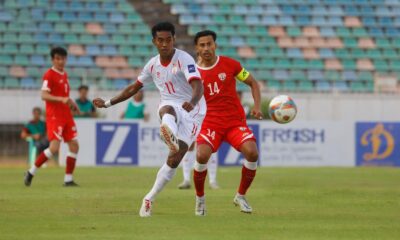
 Sport4 days ago
Sport4 days agoAFC Asian Cup 2027 Qualifiers: Myanmar defeat Afghanistan 2-1








